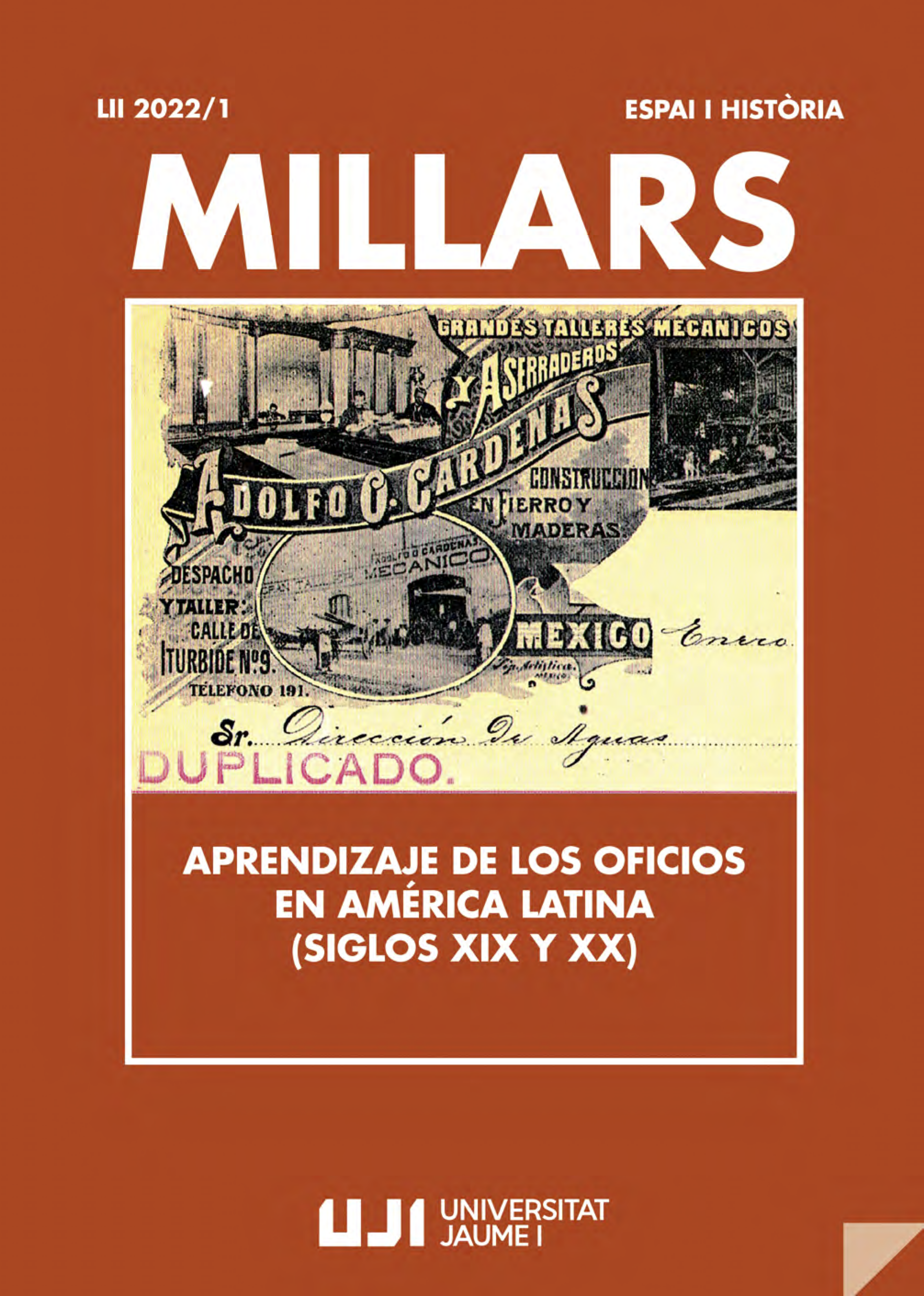The worlds of apprenticeships, XIX-XX centuries
Main Article Content
Abstract
During the last third of the 19th century in various countries of the American continent, as well as in other latitudes, governments of different signs undertook the task of supporting educational projects that contributed to the training of workers dedicated to artisanal and manufacturing or industrial production. The ideas linked to the formation of useful men and women who would contribute to the progress and development of the nations that were considered "modern" (some of them with industrialization processes in the making) were part of the role assigned to education in general, to teaching trades in particular and of course work. This, work, was assumed not only as a generator of material wealth, but was frequently assigned a pedagogical and even therapeutic and moralizing character, in other words, it was conceived as a transforming agent, "civilizing" large social groups that they were part of the heterogeneous social world of work.


